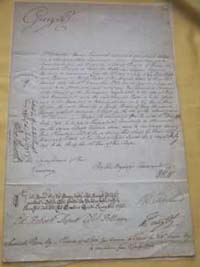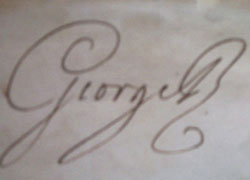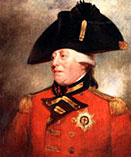|
THE MUSEUM PEOPLE
WORKS ORCHARD SIDE GARDENS |
 |
|
The Cowper and Newton Museum
|
||
|
Cowper's pension
|
||
|
A man removed from the everyday workings of the world, Cowper was dogged throughout his life by financial insecurity. From when he finished at the Inner Temple almost up to his death in 1800, he depended greatly on the benevolence of others for his welfare.
His most spectacular act of financial mismanagement was in 1765, when on receiving a sum from his relations to help keep him, he spent one year's income in three monthsCowper always lived as a gentleman, never concerned to deprive himself of unnecessary expense and he expected other people to help him maintain the standards to which he was accustomed. Mary Unwin's daughter claimed that her mother had sunk £1,800 in consequence of taking the poet into her care. Cowper repaid his benefactors with generous thanks and devotion though at times they might have preferred to observe a change in his attitude. On his death Cowper's estate totalled £ 976.10.2, he was in credit, and this was largely thanks to the publication of his Iliad, for which he received £1000 in 1792, and a pension granted in 1794. William Hayley took it upon himself to seek a pension for Cowper and when he failed to elicit a response from Cowper's old friend the Lord Chancellor, he determinedly wrote three times to William Pitt, urging him to forward the matter. His persistence paid off, and news arrived in Weston Underwood on 23 April 1794 that the pension only awaited royal sanction. |
||
|
||
|
||
| Sadly, by the time this financial security arrived, Cowper was in a state of deep depression and the development had no noticeable effect upon his mood. It did however lift the burden on the household. | ||
|
|



